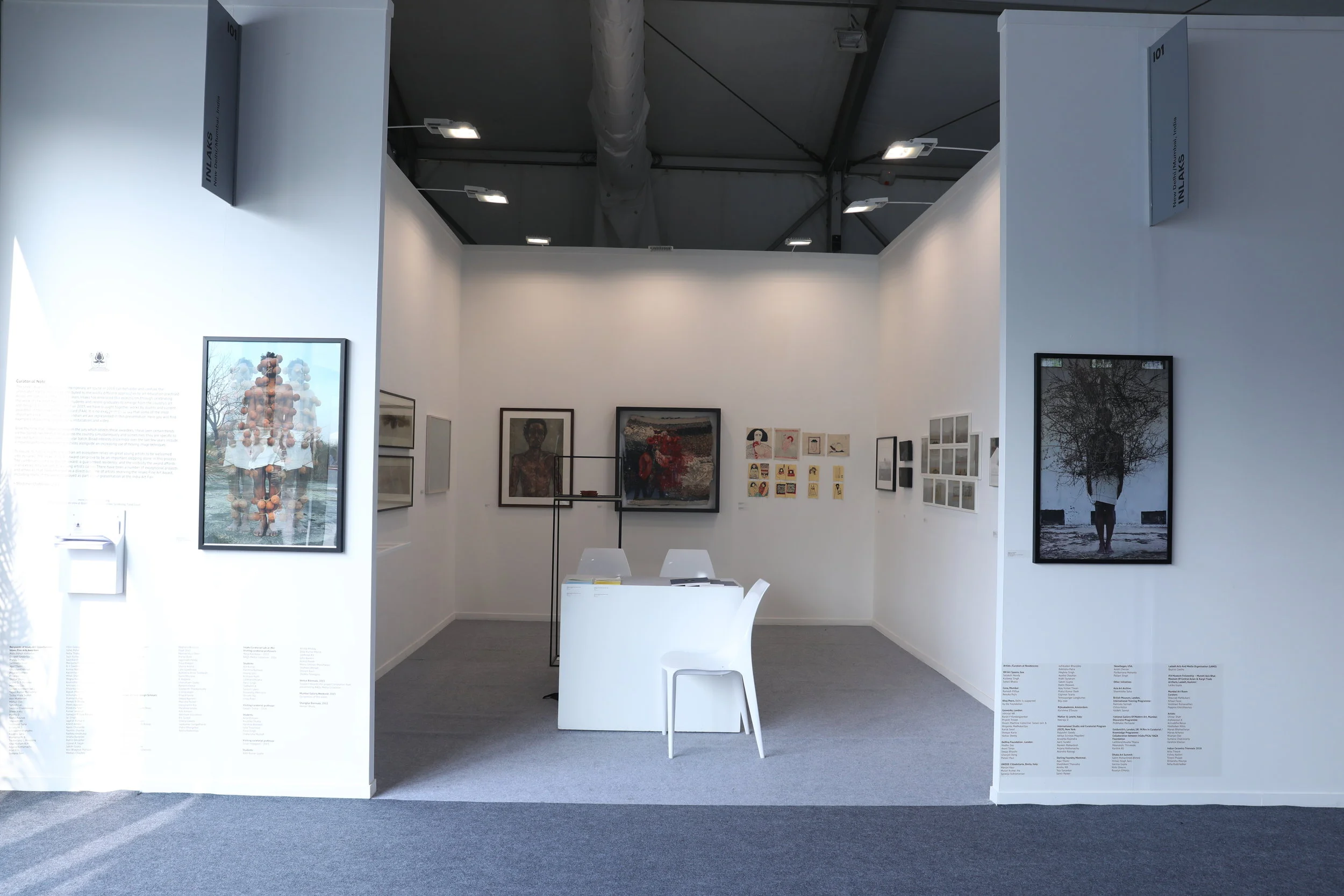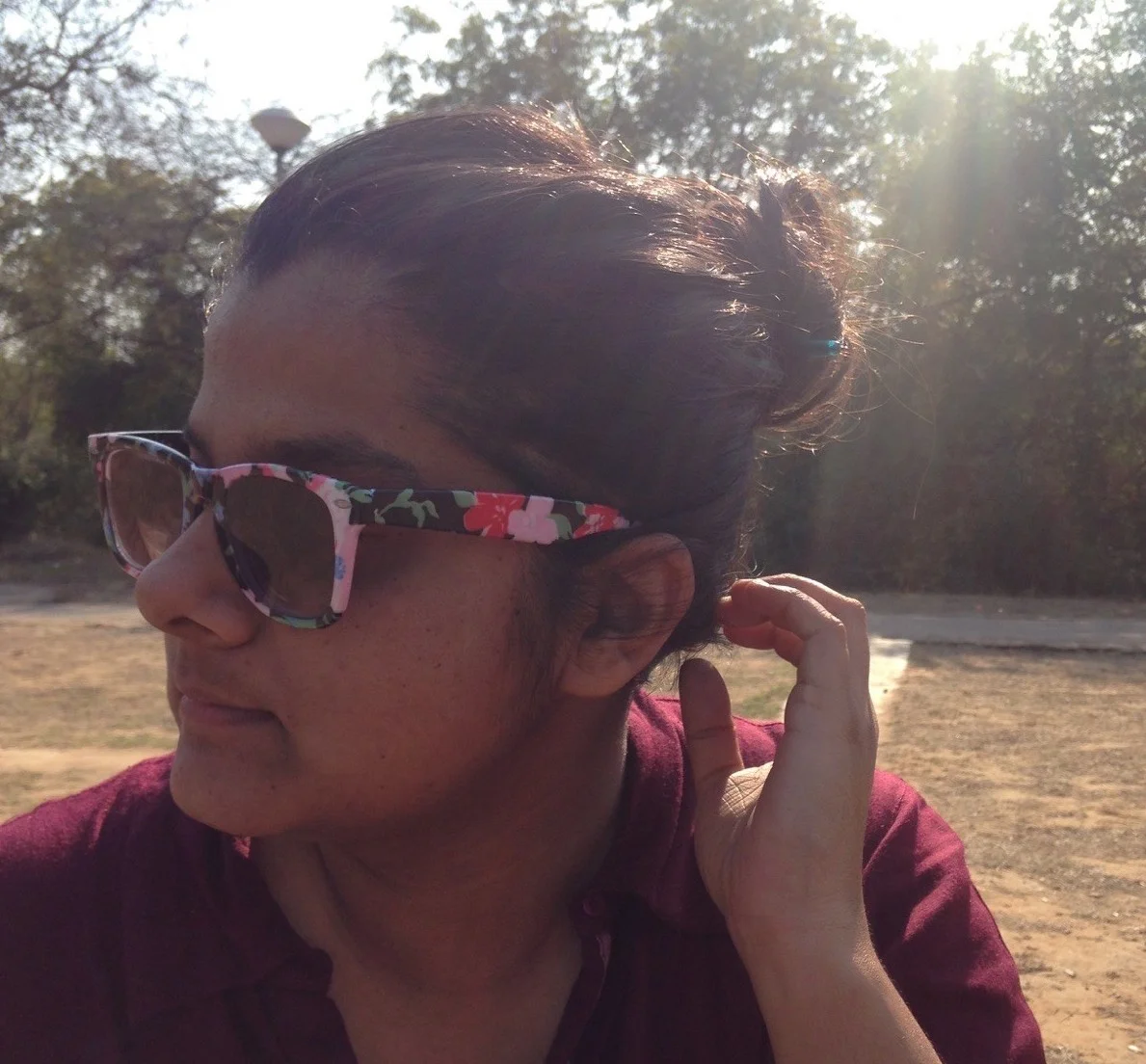Scholar 2019: Ipshita Banerjee
Ipshita Banerjee is currently pursing a Master’s in Special Education at the Vanderbilt University. In this post she shares with us the challenges she faced during her first semester and how her learnings can be applied back home in India.
As I embarked on a 27-hour journey to the US, I remember being anxious about my decision to resume studies at a critical point in my career. Vanderbilt University didn’t disappoint me. The program was everything I had imagined, and more. Designed to prepare individuals to become special education teachers, the Master’s in Special Education (Severe Disabilities) program offers opportunities for extensive field work to complement theoretical classes every semester.
In my first semester, projects and assignments were designed to address real-life problems of students we worked with, and evaluation of the assignments was linked with practical experiences and knowledge gained at field work sites. I worked in multiple settings throughout the semester a resource room for students with severe disabilities aged 6-9 in an elementary public school; a self-contained classroom for older students (aged about 12-17) in a high school, the home of a 12- year- old girl with autism and severe behavioural challenges, and inclusive classrooms in public schools, where students with special needs attended classes with their typically developing peers.
It's been an interesting experience to work with students with severe needs in very different cultures. I confess I was initially apprehensive about the difference in the approach to education and in sociocultural norms while working with students with diverse, severe needs in a foreign country. Perhaps the biggest challenge I encountered was navigating differences in language and cultural expectations. Working with a population of students who have severe communication challenges, I had to be mindful about using language and terms that were familiar to them. I remember asking a 5-year-old child to walk with me in the “corridor”. He immediately halted in his tracks and gave me a perplexed look and wouldn’t budge for several minutes. It took me a while to realise that he was unfamiliar with the term “corridor” and was unable to communicate that he did not understand. A para professional repeated the instruction and used the term “hallway” and he immediately understood.
Similarly, I felt out of my depth at first because I was unfamiliar with local cultural references such as rhymes, cartoons and songs, and had to ensure I familiarised myself with each student’s preferred activities and vocabulary. Additionally, I observed differences in value systems while working with students in the US. A focus on “choice” and “individuality” was intrinsic to teaching methodology. This was in stark contrast to the focus on “conformity” that guided teaching practices in my experiences in India.
Before I started the program, I assumed that the challenges faced by individuals with disabilities in the US would be very different, given the abundance of resources, the quality of training provided and the overall level of awareness among the population about disability in general. However, I found remarkable similarities in experiences in both India and the US. Challenges in the area of rights advocacy continue to be a matter of concern for individuals with special needs and their families irrespective of what part of the world they are in. While both countries have different laws and rights regarding equal access to educational and other resources, they face similar hurdles in the implementation of these laws. In my interactions with faculty, teachers and students from different cultures, I also realised that language is an important factor in designing and implementing intervention for students with complex communication needs. Students who were English language learners often had a difficult time learning academic concepts in English, but displayed remarkable skills when instructed in their native language. I had experienced similar challenges while working with students with autism in India, and am keen to pursue this as a potential research topic. I hope to be able to develop effective intervention methods that can provide bilingual or multilingual students with constructive communication training in multiple languages.
Throughout my first semester, I was provided with opportunities to compare, contrast and contribute perspectives about special education services provided in the US vis-à-vis India. I have made a concerted effort to engage with my professors and peers to understand how the information, skills, knowledge and expertise gained at Vanderbilt University can be customised to address the needs and challenges faced by individuals with special needs in India. This endeavour also spurred me to research existing literature and data on disabilities in India. In the forthcoming semesters, I hope to continue my efforts to create resources and interventions that are relevant to individuals with special needs in India as well as open avenues for collaboration to utilise the expertise and experience of the faculty at Vanderbilt University.






